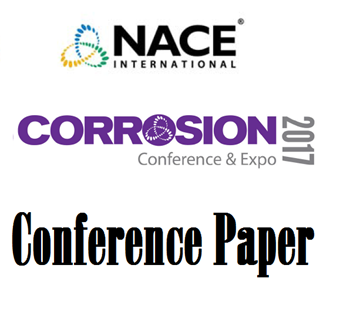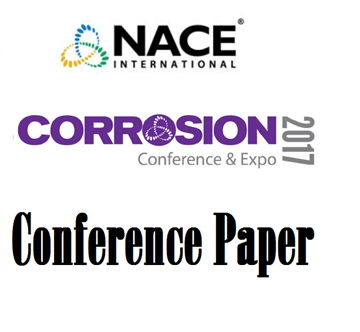Search
51316-7398-A Parametric Study of Corrosion Inhibitor Partitioning in Oil and Water Phases
Also Purchased
Guidelines for Corrosion Inhibitor Selection for Oil and Gas Production
Product Number:
51317--8842-SG
ISBN:
8842 2017 CP
Publication Date:
2017
$20.00
A Mechanistic Study of Corrosion Inhibitor Partitioning and Performance in Sweet Corrosion Environments
Product Number:
51317--9399-SG
ISBN:
9399 2017 CP
Publication Date:
2017
$20.00
00018 PARTITIONING OF CORROSION INHIBITOR IN RELATIONSHIP TO OIL FIELD APPLICATIONS AND LABORATORY TESTING
Product Number:
51300-00018-SG
ISBN:
00018 2000 CP
$20.00




